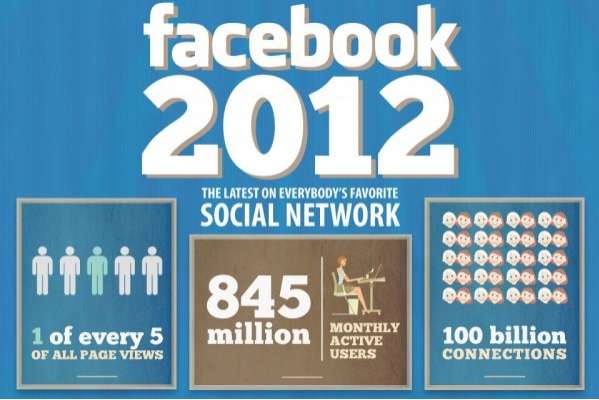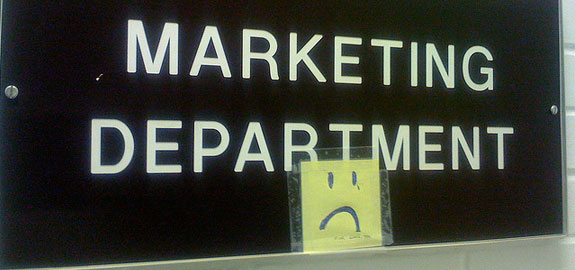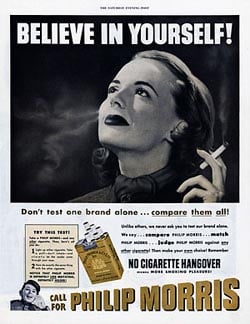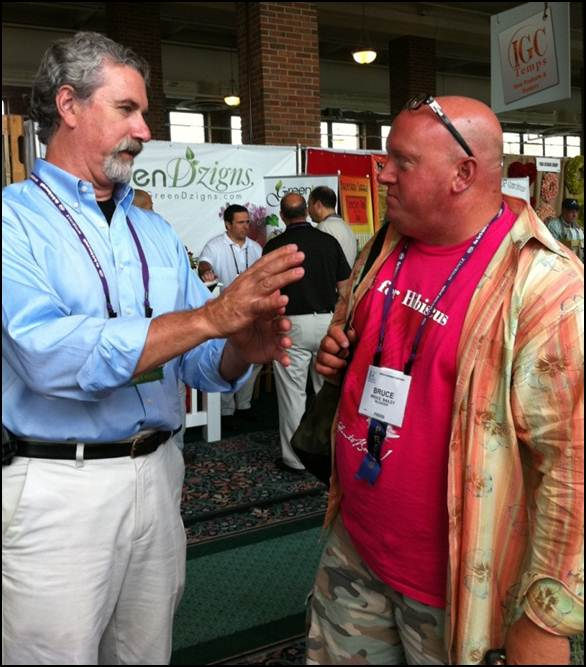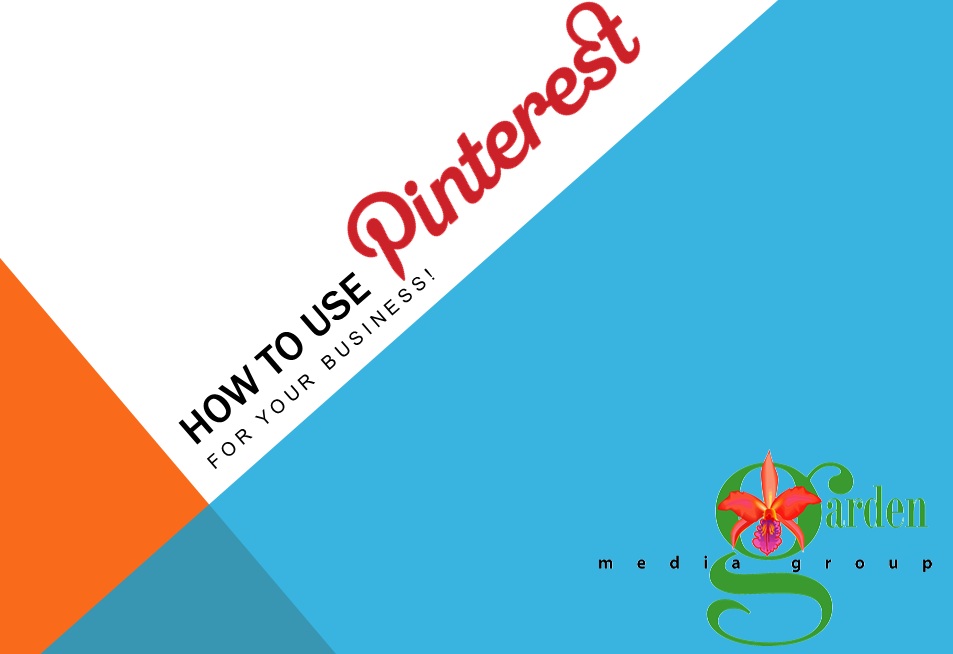INC., online had an interesting article about how successful people in business, from the garden industry to the finance industry, approach their work, and how they think. You'd be surprised to know that most of them share the same perspectives and beliefs.
Katie Dubow
Recent Posts
Topics: lawn and garden public relations, PR Strategy, marketing communications
Facebook has evolved from a college student’s social network in 2004 to a leading force for a company’s marketing tactics, yet many businesses still are unclear how to use Facebook business pages to build brand awareness and attract new customers.
Topics: Public relations, PR Strategy, social media
Before You Write Your Garden Marketing Strategy...
Creating a marketing strategy is like raising a flag for your company. You want people to know you exist and are open for business. But before you raise that flag, you have to make sure you have a clear design.
Topics: Public relations, lawn and garden public relations, PR Strategy
Why Public Relations Consultants are Good for Business (Part 2)
In the last column we disucssed 3 rules you'll want to follow when hiring a PR firm to represent your business. In this column, you will learn 3 more tips, all cultivated from Nelson Hudes.
Topics: Public relations, PR Strategy
Why Public Relations Consultants are Good for Business
Topics: Public relations, PR Strategy
We love to report annual results in the Lawn and Garden industry, especially when they're up! And clearly, the American love affair with the back yard shows no signs of slowing.
Topics: lawn and garden public relations, trends
The Top 10 Reasons Why Public Relations Doesnt Work
-
The client doesn’t understand the publicity process. PR folks need to better educate people about how publicity works. The first thing many clients ask is, “Can you get me on Oprah or the front page of the Wall Street Journal?” The answer might be “yes,” but the process to get to the “yes” may take months or years, and may first include a series of smaller placements.
-
The scope of work is not detailed and agreed upon by both parties. Here’s a typical example: a client signs an agreement to spend $3,000 per month. Client expects to get three publicity placements per month. PR person expects to work 20 hours, regardless of the outcome. The inevitable disconnect leads to customer frustration and the feeling of being “burned.”
-
The client has not been properly trained on how to communicate with the media. Proper training for interviews is crucial; otherwise, key messages can be misconstrued, and even negative stories can result. Clients seldom blame themselves when this happens.
-
The client and the PR person or firm are not a good match. Example: Client hears about a local PR person, meets and likes the PR person, and figures it’s a good match. Or the client chooses the lowest price PR option. And the PR person, instead of referring the client to another practitioner who is a better fit, decides to take on the client—and the money.
-
The client has not gotten results quickly enough and ends the relationship too soon. Client should plan on conducting a campaign for a minimum of six months. And even that is aggressive. A year should really be the bare minimum to commit to PR The media works on its own timetable, which is usually much longer than the client’s.
-
PR people don’t explain the kind of publicity placements a client will most likely receive. Every client wants a big profile of the company on the cover of a major magazine or newspaper, but most stories are about a “trend,” several companies, or some recent news with quotes from experts. Profiles are few and far between. Yet, instead of explaining this, PR people often tell potential clients what they want to hear, in order to get the business.
-
Clients don’t realize that what happens after you get the publicity coverage is sometimes more important than the actual placement. My smartest client didn’t care if he got a quote or a profile—he just wanted to be included in major media. When it was time to get an agent and publisher for his book, he handed them a list of all his media placements, and this clinched the deal. The agent and publisher figured that if all of the major media was willing to include him as a source, then he must have something important to say.
-
Clients refuse to be flexible on their story angles. One of my clients once said to me, “We only want profiles.” When the media wasn’t interested, they refused to consider other story angles that the media was interested in. Now I make sure clients are willing to have us pitch three to four angles.
-
Clients get upset when the media coverage is not 100% accurate or not the kind of coverage that they wanted. One of my former clients said, “That TV segment on me was only a minute long.” When I explained that length of time was impressive in TV Land, she refused to understand.
-
Clients won’t change their schedules for the media. Clients need to drop everything if the media calls. This may be inconvenient, but the media waits for no one. If you want to be a “media darling,” then you need to make yourself available at any time. Those who do will reap the best benefits and placements.
Topics: Public relations, branding, advertising vs public relations
The Father of Spin or... The Birth of Public Relations
Today, few people outside the public relations (or inside for that matter) profession recognize the name of Edward L. Bernays, although he was named one of the 100 most influential Americans of the 20th century by Life magazine.
Public Relations is a 20th century phenomenon, and Bernays -- widely eulogized as the "father of public relations" -- played a major role in defining the industry's philosophy and methods.
Topics: Public relations, marketing communications
Mastering the art of PR at a trade show is not easy. You will have a lot of balls in the air if you're trying to both sell and market at the same time.
Topics: trade show public relations
Pinterest has captured the attention of the media and the masses alike since its inception in 2010. But, some businesses are still left wondering how to use Pinterest to increase their social reputation.
Topics: Pinterest, internet marketing, Garden Media Group






